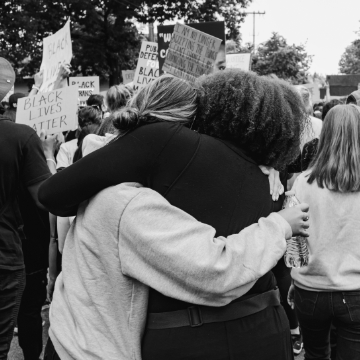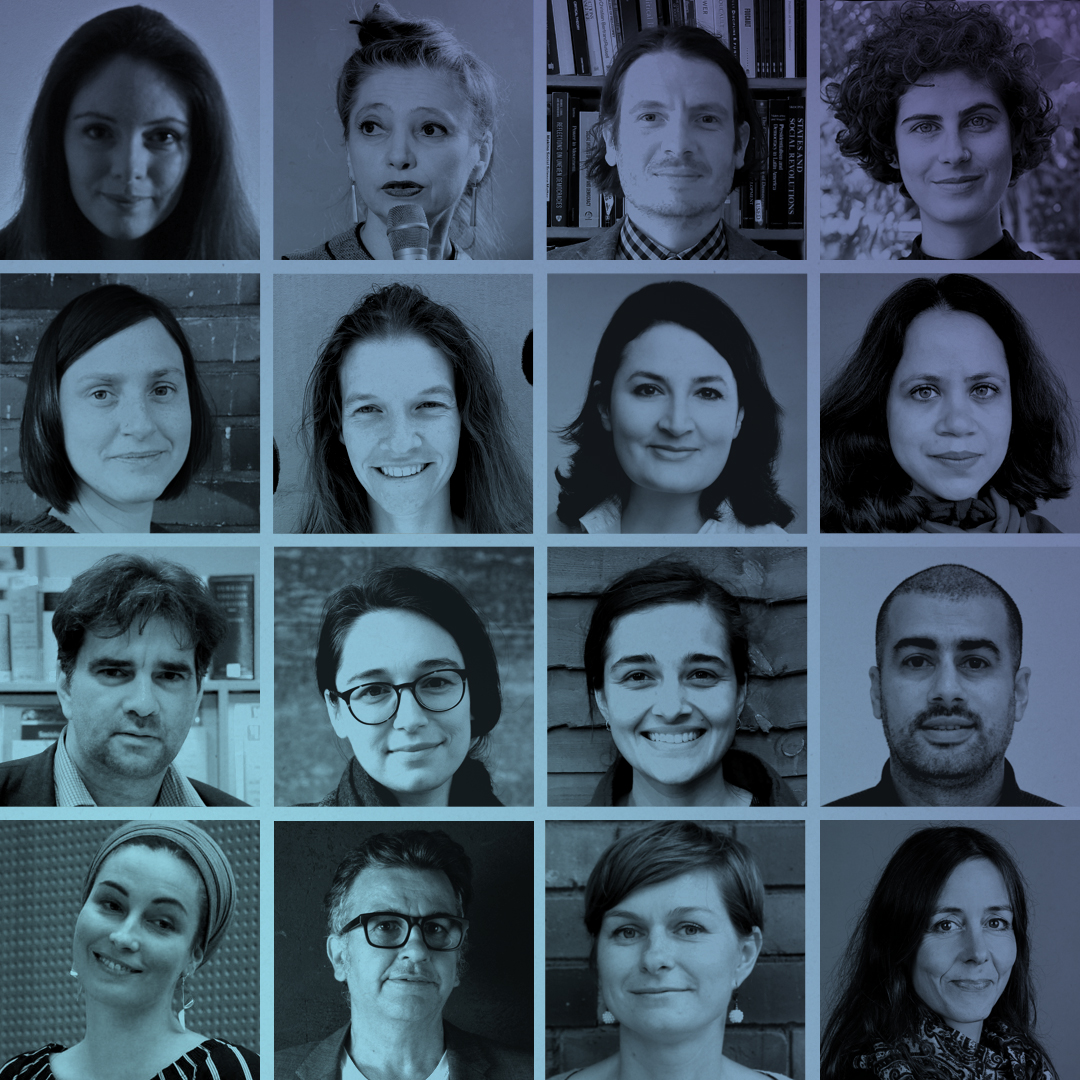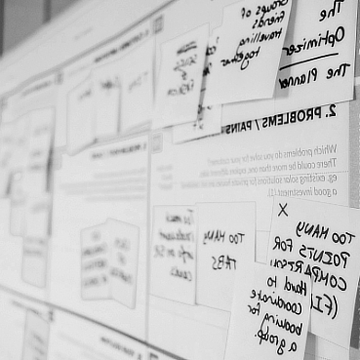This project emerges from my archival and research work on the archives of South Asian Muslims and their connected histories with Germans in interwar Berlin. The search for Indian history in German archives led to state archival institutions and affective memory sites and places of connection. Apart from intellectual bonds forged in the University, it was often bookstores, cafes, restaurants, mosques, and graveyards in Weimar era Berlin that connected migrant intellectuals with other communities, including Iranians, Afghans, Arabs, and Germans. My contribution to the RePLITO project aims to bring this history into conversation with the anthropology of emotions and politics in contemporary Berlin. It does so by focusing on migrant food and restaurants as historical sites for social cohesion and critique. I plan to focus on the history of migrant food histories and contemporary stories of food, emotions, and politics of exile and belonging. My focus will be on South Asians, particularly the Afghan refugee community in Berlin. The project aims to start new conversations on everyday social cohesion through memory and emotions shared over food. It hopes to bring the debate about living together separately to eating together collectively. The individual project, along with collaborative work with other project members of a RePLITO aims to initiate new conversations between scholars, community workers, food bloggers, restaurant owners, cooks, and the wider public. It will result in public lectures in universities as well as public events in various restaurants over the issue of living and eating together.




